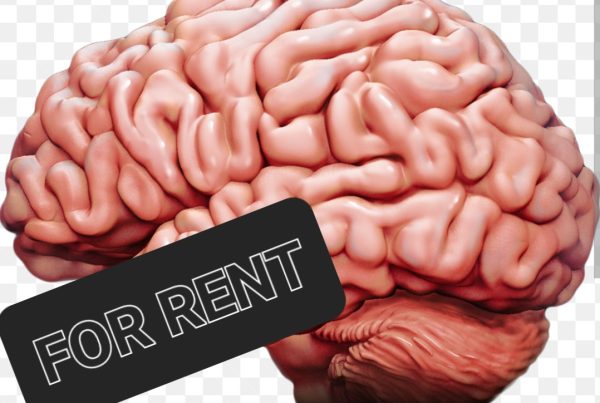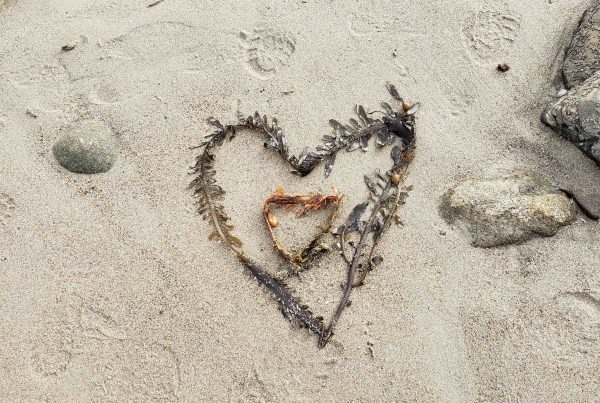I just heard on the radio that there is no joy in Bethlehem this year. Uber-security is deflecting would-be tourists. The non-joy of two million starving Gazans just down the coast also kills the buzz. So I’m thinking, how did our Christmas spirit of “Good will” develop so many loop holes? Historically, the loop holes are in fact diminishing by the decade: no border incursions in Europe from 1945 to 2022 (except some intertribal horrors in the Balkans of the ‘90s); the United Nations actually in the headlines; the World Health Organization, Doctors Without Borders, UNICEF’s International Children’s Emergency Fund; and the Abraham Initiative still plugging away at creating Jewish-Palestinian discourse opportunities among the brothers from another mother, all descended from Abraham’s wife, whether Sara or Hagar.
So I think the “good will” capability of the human brain is increasing, but it is still as primitive today as the “invent stuff” function was around the time the wheel was invented. The evolution of empathy is not keeping pace while the frontal cortex hurtles us toward self-destruction. We seem to manage enough empathy (usually) to love our families. Adjusting the exercise of empathy to our limited capacity for love made us come up with a “blood ties” prerequisite. That lets us off the hook if we deal unlovingly with anyone who is not genetically close to us. It’s the velvet rope outside the disco of our caring. The fact that blood relatives probably look and act like us also makes it easier: we can recruit our narcissistic tendencies in the service of what passes for “good will.”
The thing is, we have more relatives than we can handle with our current empathetic capacity. The genes that differentiate any one of us human beings from another are a tiny fraction of the number of genes we all have in common. There are even a pretty small fraction of genes that differentiate us from all other mammals. And our basic survival genes go back through all the animal phyla, and are even shared with the plant kingdom.
The other day I saw a ripple on the surface of my swimming pool (pools are as common as parking spaces in LA), and when I looked there was a bee struggling at the center of it. I tried to be Darwinian about it for a moment, letting the bee’s own stupidity for thinking it could swim be its undoing. But I could easily see the bee was a living creature that was struggling. I felt it. Survival of the fittest be damned, I had to rescue it. I grabbed the pool skimmer, easily scooped up the bee with the water around it and laid the skimmer across the arms of a deck chair. The water immediately drained and the bee started climbing up to the rim of it, on its way to the rest of its bee life. I was late for something so I didn’t see the bee get airborne, but when I got back the skimmer was empty. The bee was gone. Rescue mission accomplished.
Does a bee feel fear, panic, exhaustion in the same way I would if I were, say, trapped in a rip tide out in the ocean? I don’t know what experiment would tell us. I only know that I cannot believe the bee’s situation was completely comfortable for it. So I helped. And I felt good about it. Good will toward…bees. Check.
I get emails from dozens of charities every week (once you give to one, the word gets out somehow). I keep meaning to sit down and organize my donating. I have a “Giving Basket” on Charity Navigator to make sure I send something to twenty important ones. But giving to all the worthy causes would have me needing charity myself, so that’s not practical. If you have found a solution to expressing good will without going broke, or crazy, please comment. I could use a little help on this.




